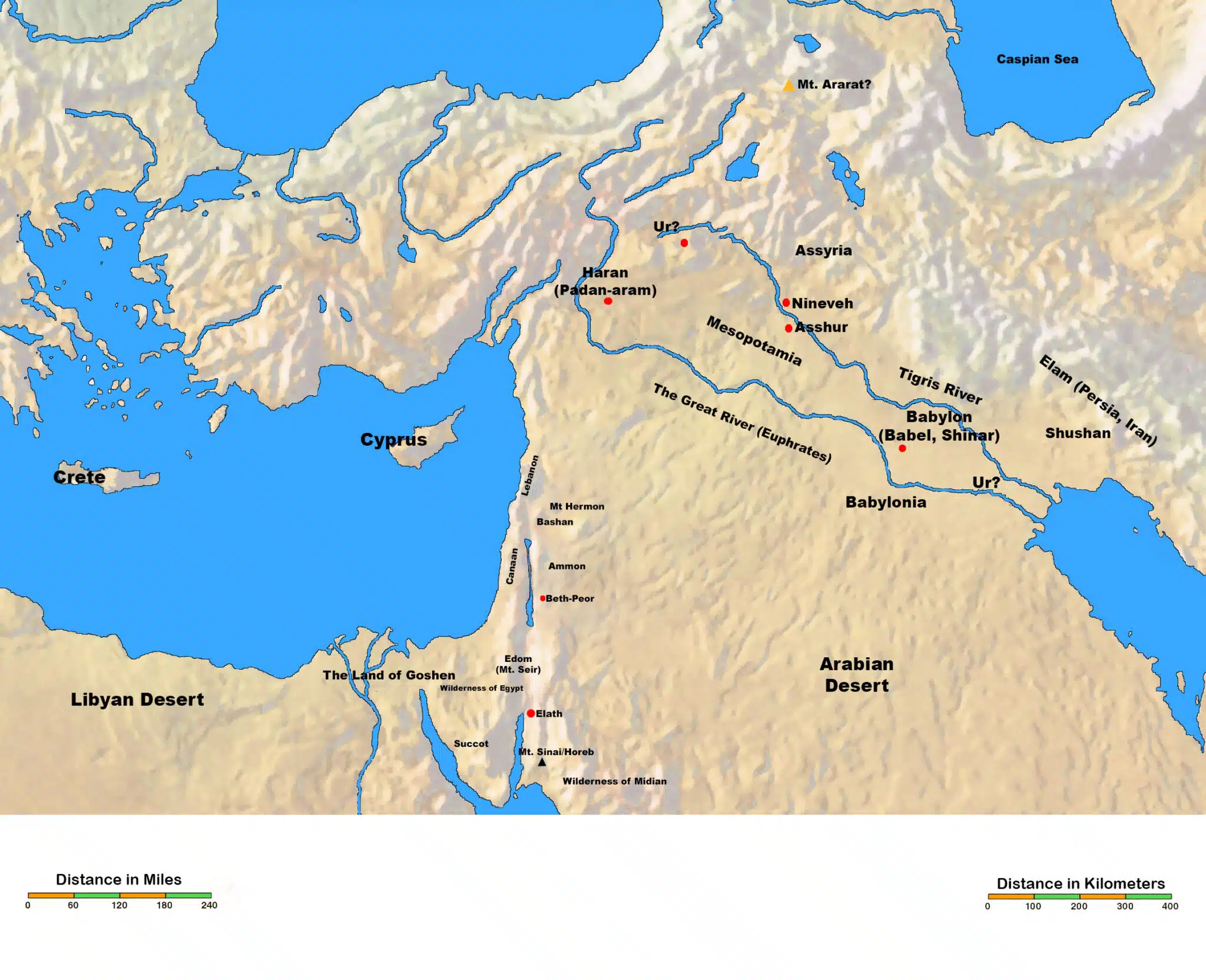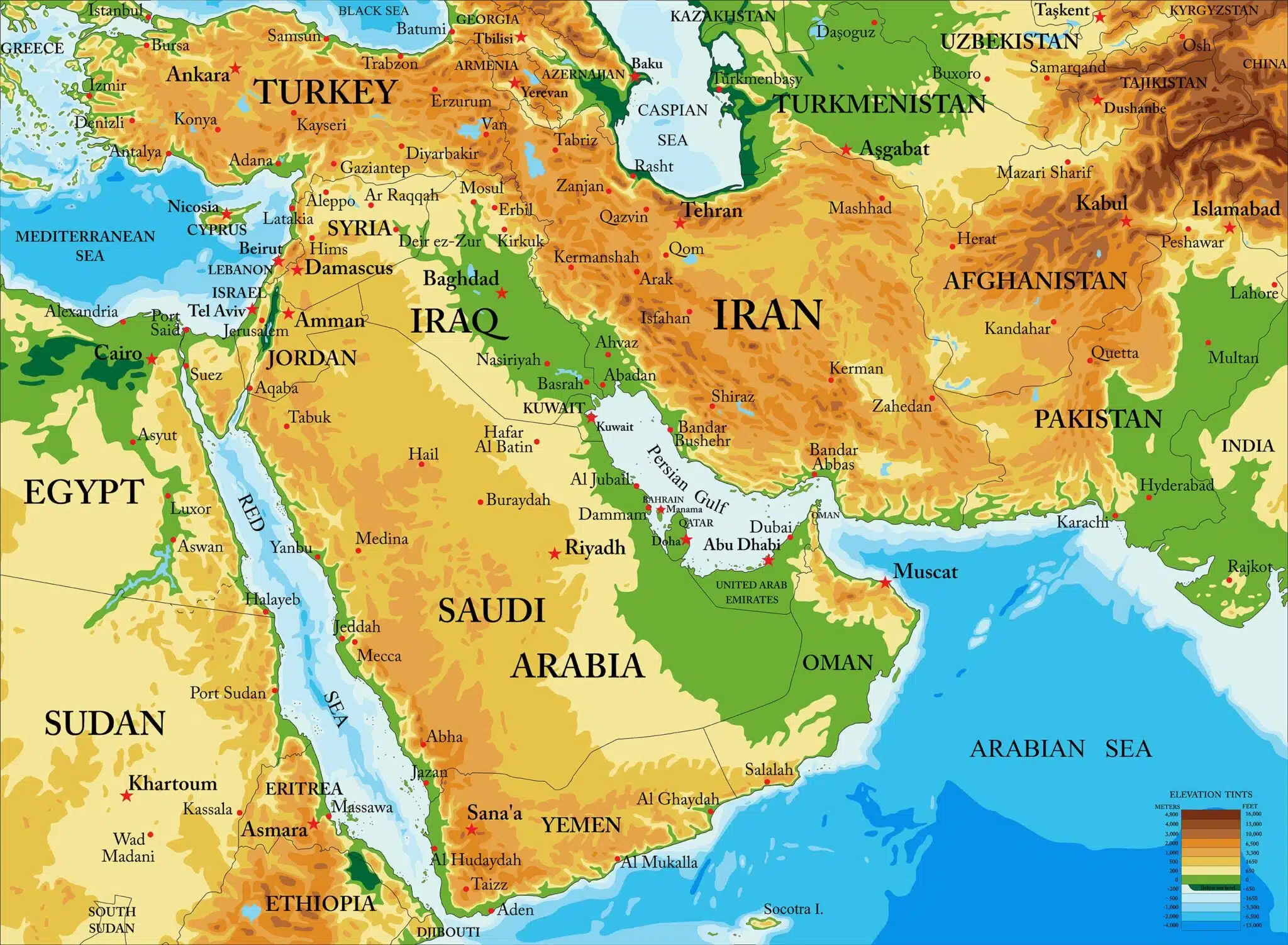Adam and Eve had two sons, Cain and Abel. At the appointed time, Cain and Abel brought sacrifices to the Lord. God accepted Abel’s sacrifice, but not Cain’s, which made Cain angry.
Adam and Eve named their first born son, Cain, which means “acquired.” The phrase “with the help of is added by translators. The original text just says the Lord. Taking as originally written, this would indicate that Eve believed her child was the child of the promise, that would fulfill the prophecy of Genesis 3:15, that the seed of woman would deliver mankind. Instead, Cain will be the first murderer, and an indication that the earth will soon fill with violence. Then, Eve gave birth to a second son, Abel, which means “breath” or “wind.” Cain became a farmer, one who works the soil. Abel became a shepherd of sheep and goats. Cain and Abel both brought offerings to worship God.
There was a difference in the attitude of Cain and Abel as they offered their sacrifices. The book of Hebrews from New Testament explains the different attitudes of Cain and Abel as they gave God their offerings of worship. Hebrews 11:4 explains that By faith Abel offered to God a better sacrifice than Cain, through which he obtained the testimony that he was righteous, God testifying about his gifts, and through faith, though he is dead, he still speaks. This begins a theme that will reverberate throughout the Bible, that God seeks those who will believe Him and believe His promises.
The text does not explain why God did not regard Cain’s offering, but it could be because Abel brought of the firstlings. This might infer that Cain gave of his surplus while Abel gave his first and best. In any event, we know Cain’s heart was not right with God. Cain was self-willed and rebellious. He knew the proper way to offer a sacrifice, yet he would not obey God’s instructions. When God rejected Cain’s offering, he became very mad, literally, he was “burning with exceeding anger.” His countenance fell means that his facial expression became visibly angry.
Biblical Text
1 Now the man had relations with his wife Eve, and she conceived and gave birth to Cain, and she said, “I have gotten a manchild with the help of the Lord.” 2 Again, she gave birth to his brother Abel. And Abel was a keeper of flocks, but Cain was a tiller of the ground. 3 So it came about in the course of time that Cain brought an offering to the Lord of the fruit of the ground. 4 Abel, on his part also brought of the firstlings of his flock and of their fat portions. And the Lord had regard for Abel and for his offering; 5 but for Cain and for his offering He had no regard. So, Cain became very angry and his countenance fell.
Check out our other commentaries:
-
Daniel 3:24-27 meaning
King Nebuchadnezzar witnesses a miracle. Shadrach, Meshach and Abed-nego are not killed by the fire. They are joined by an angel, and walk among the...... -
Suzerain-Vassal Treaties meaning
God’s covenant/treaty with Israel was set forth in a form common in the ancient Near East, a format known as a Suzerain-Vassal Treaty. In these...... -
Romans 12:9-13 meaning
Paul has moved from specific gifting to overarching principles that apply to all believers as we pursue righteousness, this harmonious living, through faith. ...... -
Covenants in the Bible meaning
A covenant is a contract, a treaty, a ritual agreement or alliance between two parties. It formally binds the two parties together in a relationship,...... -
Deuteronomy 7:20-24 meaning
Moses continues to reassure Israel of the enemy’s total defeat by telling them that the LORD will use a powerful tool (hornet) as instrument to......




